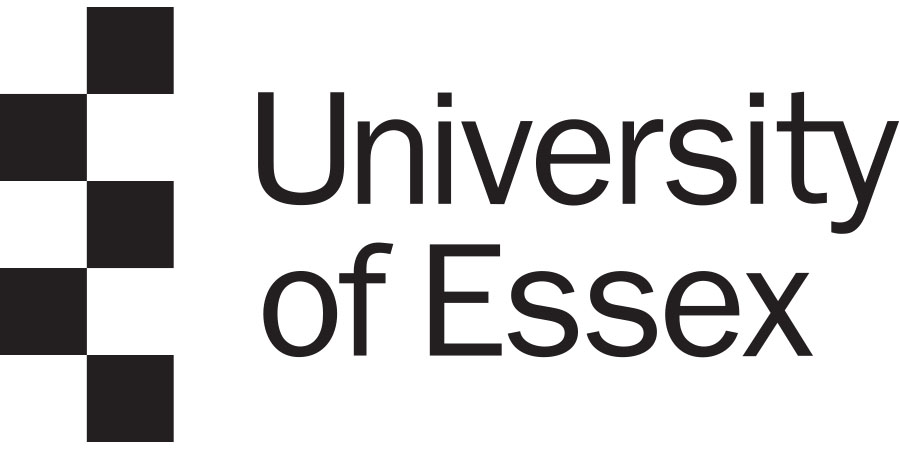PhD Studentship: From Global Promise to Local Impact: Evaluating Climate Funding at the Local Level
University of Essex - Business / Law
| Qualification Type: | PhD |
|---|---|
| Location: | Colchester |
| Funding for: | UK Students, Self-funded Students |
| Funding amount: | Living costs stipend at the UK Research and Innovation recommended level per year. The stipend for 2024-25 is £19,237. The rate for 2025-26 TBA. |
| Hours: | Full Time |
| Placed On: | 21st November 2024 |
|---|---|
| Closes: | 7th February 2025 |
| Reference: | 11359 Business_Law October 2025 |
Project Overview
This is an opportunity to conduct fully funded interdisciplinary research under the ‘Sustainable Transitions – Leverhulme Doctoral Training Programme’ at the University of Essex. The project will focus on the exploration of solutions to aspects of ‘loss and damage’ climate funding at the local level. Supervision for this project will be led by Essex Business School with secondary supervision from Essex Law School.
The efforts to establish 'loss and damage’ climate funding to aid countries impacted by climate disasters underscore the need for collective approaches to transform financial institutions and governmental practices to ensure that support meets local needs. Structural challenges such as resource distribution, access to finance, corruption, multilevel governance systems and participation in decision-making can all complicate 'loss and damage’ implementation for disadvantaged or vulnerable communities at the local level.
More specifically the study is required to consider the component factors that contribute to the facilitation of ‘loss and damage’ support for local communities in developing countries. This can include the sources of finance and support and their adequacy, the governance systems that facilitate the distribution of that finance and support, the governance mechanisms associated with that distribution process, and the accountability of actors at all levels. The study is required of the extent to which existing systems are effective and how they can be improved or redesigned.
Interdisciplinary Focus and Methods
This interdisciplinary project combines governance, accountability, and legal frameworks to ensure effective local outcomes for 'loss and damage' climate funding. By integrating social sciences and law, it comprehensively assesses economic, environmental, and social impacts. Direct community engagement provides critical insights, while methods such as stakeholder analysis, case studies, and policy reviews enable the design of resilient strategies, making climate funding more responsive to the needs of impacted communities.
Training and Support
You will be supported through the Sustainable Transitions training programme which provides initial training in interdisciplinary research methods, training in the secondary discipline within the project area and ongoing training throughout the duration of the programme. All doctoral scholars benefit from the support of Proficio which entitles you to £2,500 that can be used to purchase training courses either within or external to the University. Additionally Sustainable Transitions scholars are entitled to £10,000 that can be used to cover research costs and further training. Scholars are encouraged to audit masters and degree level course where appropriate. You will also have the support of the Sustainable Transitions management team, as well as your own supervisory team. All Sustainable Transitions scholars will become part of the University of Essex ‘Centre for Environment and Society’ through which ongoing events and networking opportunities are available.
Person Specification
This opportunity would suit a candidate with a Masters level education that incorporated governance and/or development and/or accountability. The candidate should have an interest in law although a prior legal education is not a requirement as training will be provided. The successful candidate will be interested in developing solutions to the barriers in achieving ‘loss and damage’ finance at the local levels.
Research Proposal
The project area is broadly defined, leaving scope for the applicant to develop their own specific research proposal as part of the application. The successful candidate will further develop their proposal in close consultation with the supervisory team. Further details are available via the above ‘Apply’ button.
Advert information
Type / Role:
Subject Area(s):
Location(s):









